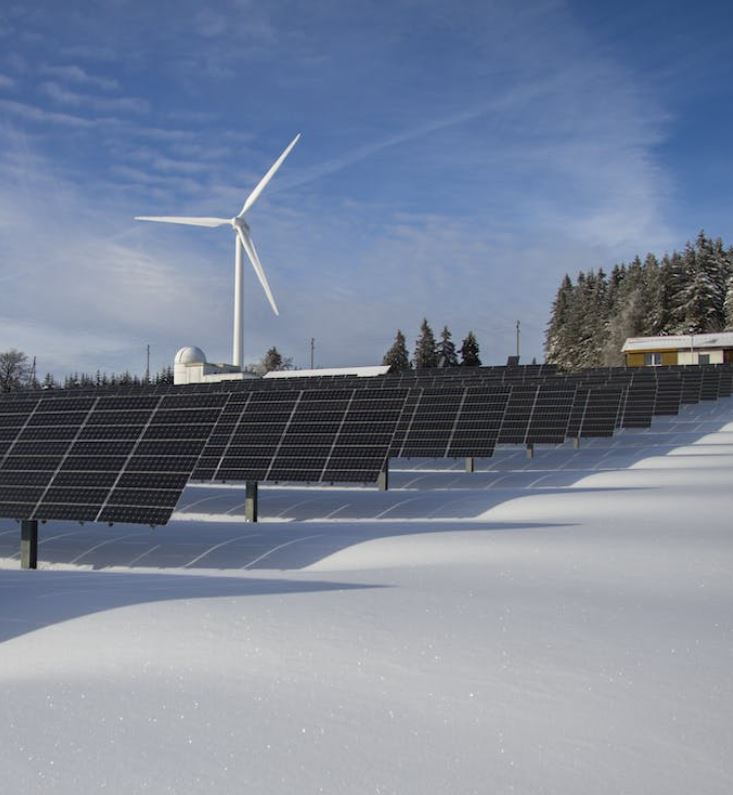
What to look for in a Solar Inverter
Introduction
When it comes to harnessing solar power for residential or commercial purposes, a solar inverter plays a crucial role in converting the DC (direct current) energy produced by solar panels into usable AC (alternating current) electricity. With a wide range of solar inverters available in the market, it is essential to know what to look for when choosing the right one for your solar energy system.
In this article, we will discuss the key factors to consider while selecting a solar inverter.
Efficiency and Performance
One of the primary considerations when selecting a solar inverter is its efficiency and performance. Higher efficiency translates to more usable electricity and maximizes the overall system output. Look for inverters with a high peak efficiency rating as well as steady performance in varying climatic conditions. Additionally, it is crucial to consider the inverter's performance warranty, which guarantees its efficiency over time.
Type of Inverter
Solar inverters come in various types, including string inverters, microinverters, and power optimizers. Understanding the pros and cons of each type will help you make an informed decision. String inverters are cost-effective and suitable for installations with consistent shading conditions, while microinverters offer individual panel optimization and better performance in partially shaded areas. Power optimizers, on the other hand, strike a balance between cost and panel-level optimization.
Monitoring and Data Analysis
Monitoring and data analysis capabilities are important features to look for in a solar inverter. Advanced inverters offer real-time monitoring of energy production, enabling you to track the performance of your solar panels. Some inverters come with smartphone apps or online platforms that provide comprehensive data analysis, allowing you to identify potential issues and optimize the energy output efficiently.
Grid Interaction and Backup Options
Solar inverters must comply with grid regulations to ensure smooth integration with the utility grid. Look for inverters with advanced grid interaction features like anti-islanding protection, which ensures the inverter shuts down in the event of a power outage to protect utility workers. Additionally, consider inverters with backup options that enable the system to continue generating electricity during power outages through the use of battery storage systems.
Reliability and Warranty
Reliability is a crucial factor to consider when selecting a solar inverter. Look for reputable brands with a proven track record of reliability. Checking online reviews and seeking recommendations from solar professionals can help you make an informed decision. Moreover, consider the warranty period and coverage offered by the manufacturer. A longer warranty period indicates the manufacturer's confidence in their product's quality and performance.
Cost and Budget
While cost should not be the sole determining factor, it is essential to consider your budget when selecting a solar inverter. Compare the prices of different brands and models, taking into account the performance and features they offer. Remember to analyze the long-term benefits and return on investment that a high-quality inverter can provide, as investing in a reliable inverter upfront can result in significant savings and better overall system performance over time.
Conclusion
In conclusion, choosing the right solar inverter is crucial for the optimal performance of your solar energy system.
Consider factors such as efficiency and performance, type of inverter, monitoring and data analysis capabilities, grid interaction and backup options, reliability, warranty, and cost.
By carefully evaluating these aspects, you can ensure that your solar inverter meets your energy needs while maximizing the return on your solar investment.
become a virtual assistant to earn money online




